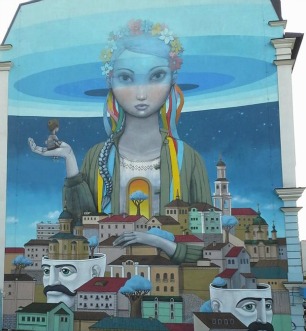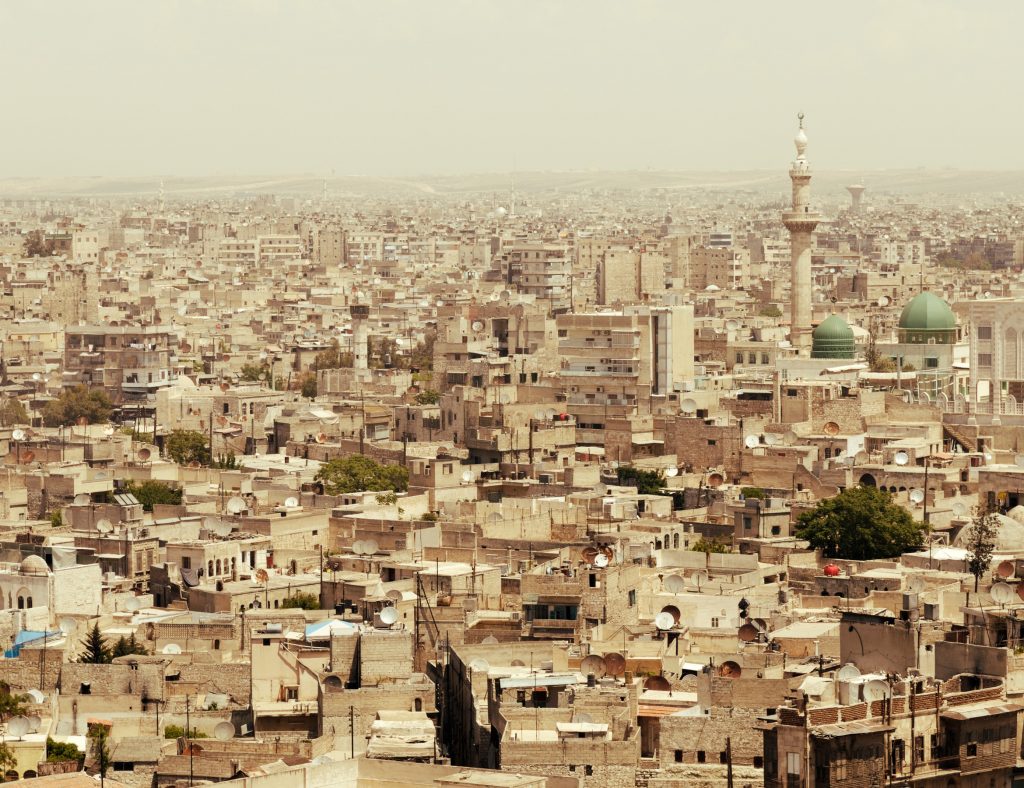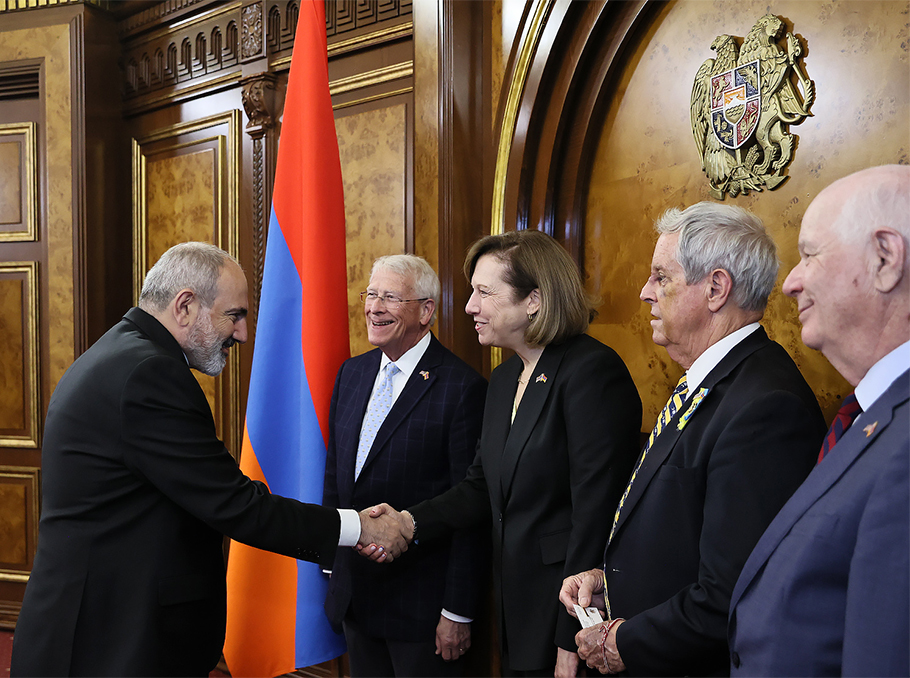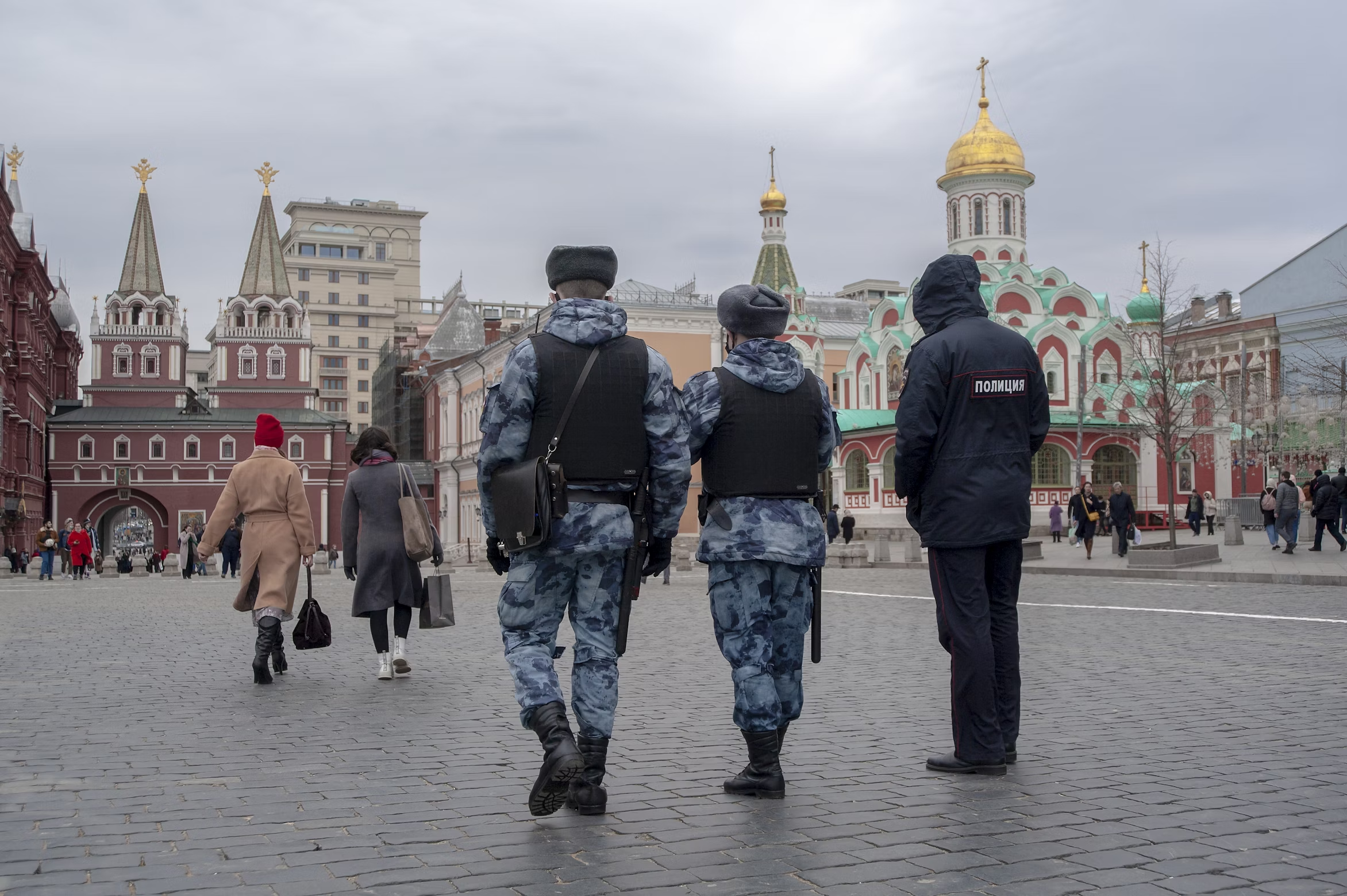Mr. Speaker, in a little more than two weeks, Ukraine will be holding presidential elections while Russia continues its campaign of aggression and destabilization. The evidence overwhelmingly indicates that the pro-Russian separatist militants that have been operating in parts of eastern Ukraine act at the behest and direction of the Russian government. President Putin has already said that the Ukrainian elections are illegitimate.
Yesterday Putin softened his tone with respect to the May 25 elections. Yet at this point words mean little unless they are matched by deeds. Putin has also claimed that the tens of thousands of troops deployed on Ukraine’s border are being pulled back, yet so far there is no evidence that this is happening.
The upcoming elections are legitimate—and more than legitimate. They are heroic—many people will be taking real risks of future reprisals in voting. Yet according to a recent IRI poll, an overwhelming 84 percent of Ukrainian citizens said they will definitely or are likely to vote in the elections, including a substantial majority in the two regions in which the militants are active. The vast majority of Ukrainians do not support the separatist movement, and wish to remain in a united Ukraine. It is up to the Ukrainian people—and only the Ukrainian people—to decide their own future through democratic means. It is not up to Russia— whose President famously said that the collapse of the Soviet Union was a ‘‘major geopolitical disaster . . . a genuine tragedy’’. These are views shared by few of the people living in Ukraine, whether they consider themselves Ukrainian or Russian, and few of the people living in the other non-Russian former Soviet republics.
The real tragedy here is the suffering of so many innocent people at the hands of militants, extremists, and hooligans—including the OSCE military monitors who were held hostage by the pro-Russian militants for more than a week. The militants have murdered a number of pro-Ukrainian activists and have kidnapped, threatened and intimidated others, including journalists who simply favor democracy and free speech. Some 40 people are in captivity in the separatist hotbed of Sloviansk alone. Minorities also have reason to be concerned— militants have attacked the Roma community and among Russian special forces in Ukraine are members of neo-Nazi and anti-Semitic groups. And over the weekend, we saw the terrible clashes in Odessa that resulted in the deaths of more than 40 people.
We must not forget Crimea, where the Russians are consolidating power and taking measures against Crimean Tatars and ethnic Ukrainians The revered long-time Crimean Tatar leader and former Soviet political prisoner, Mustafa Dzhemilev, has been banned from returning to his homeland. Other activists have been attacked and threatened. An overwhelming majority of Ukrainian citizens, even in the two regions where the pro- Russian separatists are most active and where most of the violence is taking place, don’t wish to join Russia, and certainly don’t want war.
I welcome U.S. and international assistance to Ukraine’s democratic and economic development, including for the upcoming elections. Especially important is helping Ukraine strengthen the rule of law and overcome the devastating legacy of corruption left in the wake of the ruinous Yanukovych regime.
The U.S. and international community should redouble efforts to counter Russian aggression and to support the Ukrainian people’s overwhelming aspirations for peace, freedom, democracy and economic well-being. We must stand shoulder-to-shoulder with those who want dignity, peace and freedom, in solidarity against those seeking to impose foreign autocracy and imperial rule.










